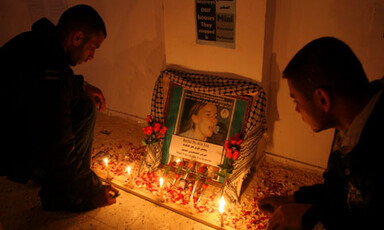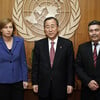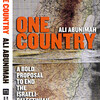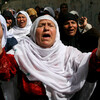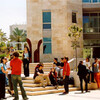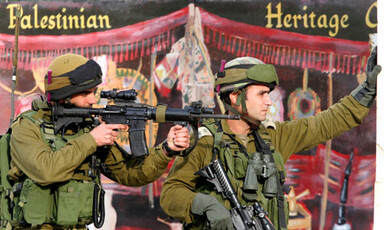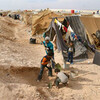
Palestinian refugee killed in Iraq raid
16 March 2007
In the latest of a long series of expressions of alarm over the fate of Palestinian refugees in Iraq after the ouster of Saddam Hussein, the United Nations refugee agency today voiced deep concern over a raid by Iraqi security forces this week in Baghdad, which left at least one Palestinian dead and nine others reportedly still in detention. “The violence reportedly broke out when the Palestinians tried to resist the raid,” UN High Commissioner for Refugees (UNHCR) spokesman Ron Redmond told a news briefing in Geneva. Read more about Palestinian refugee killed in Iraq raid


